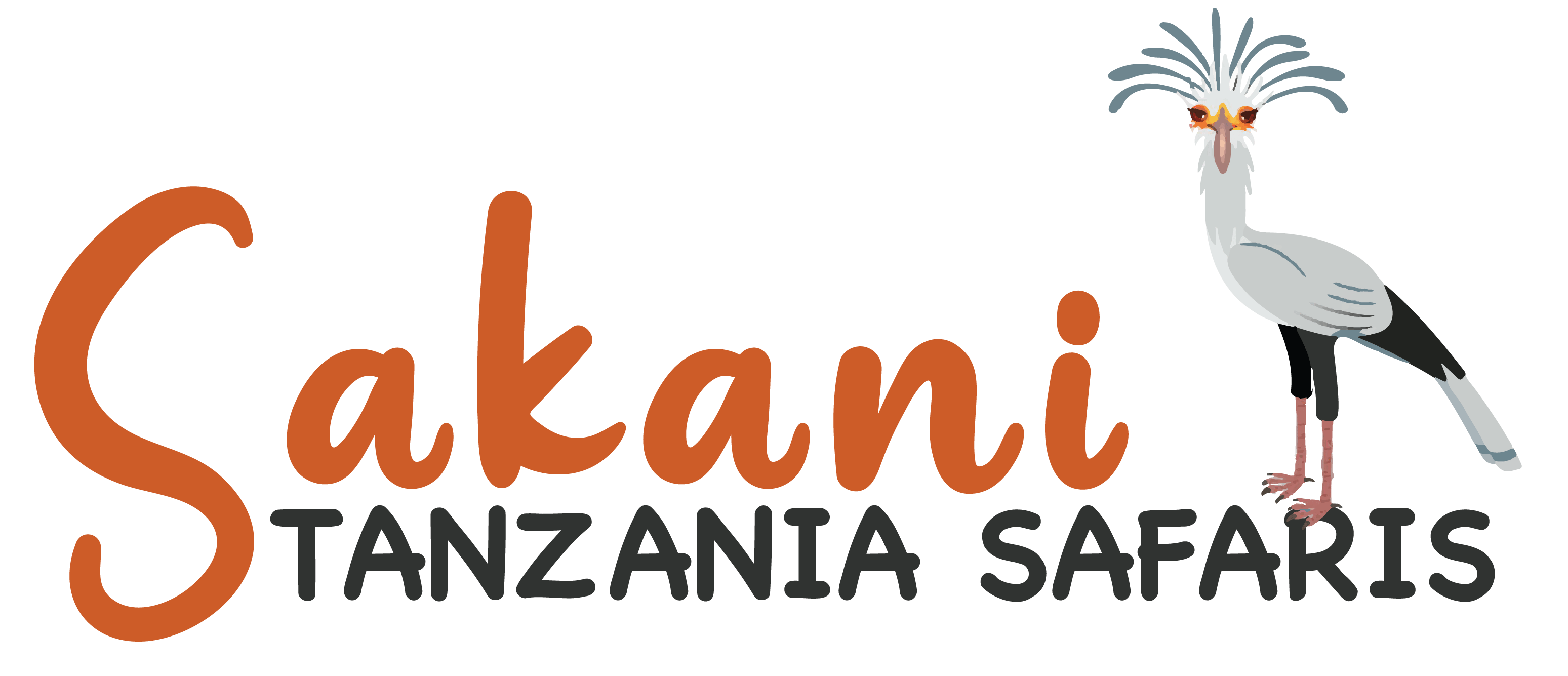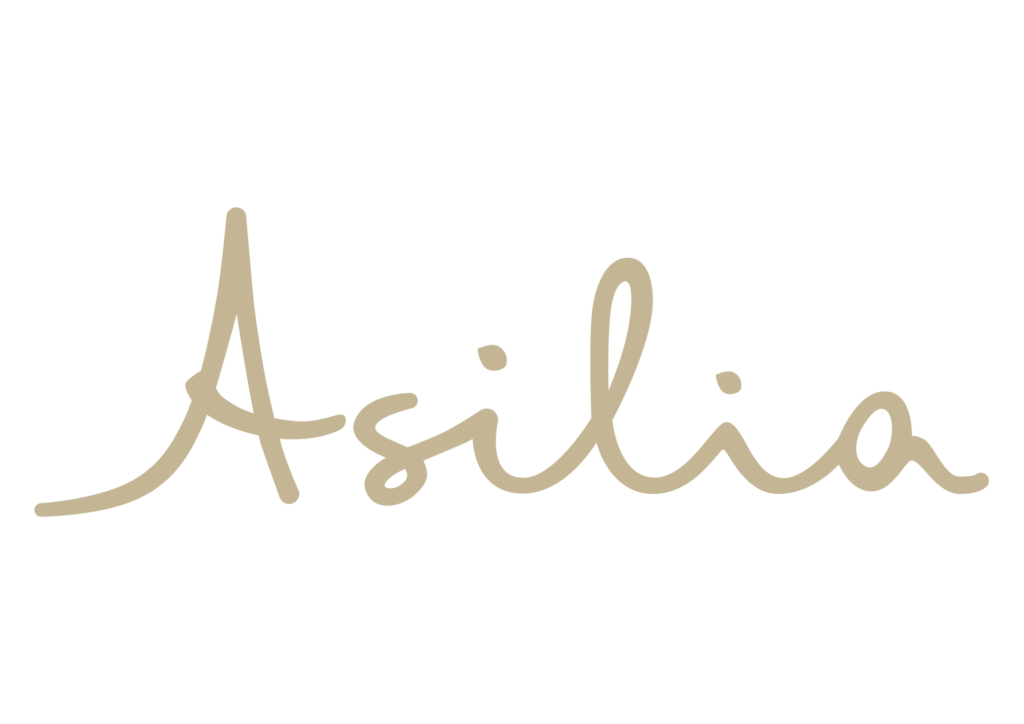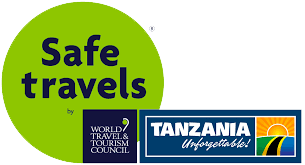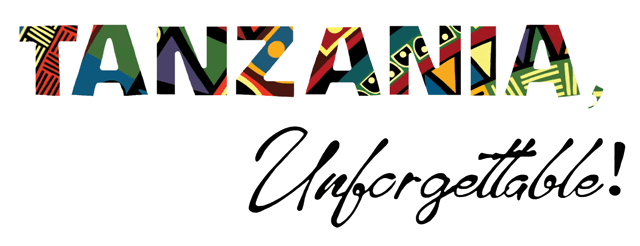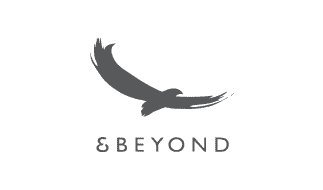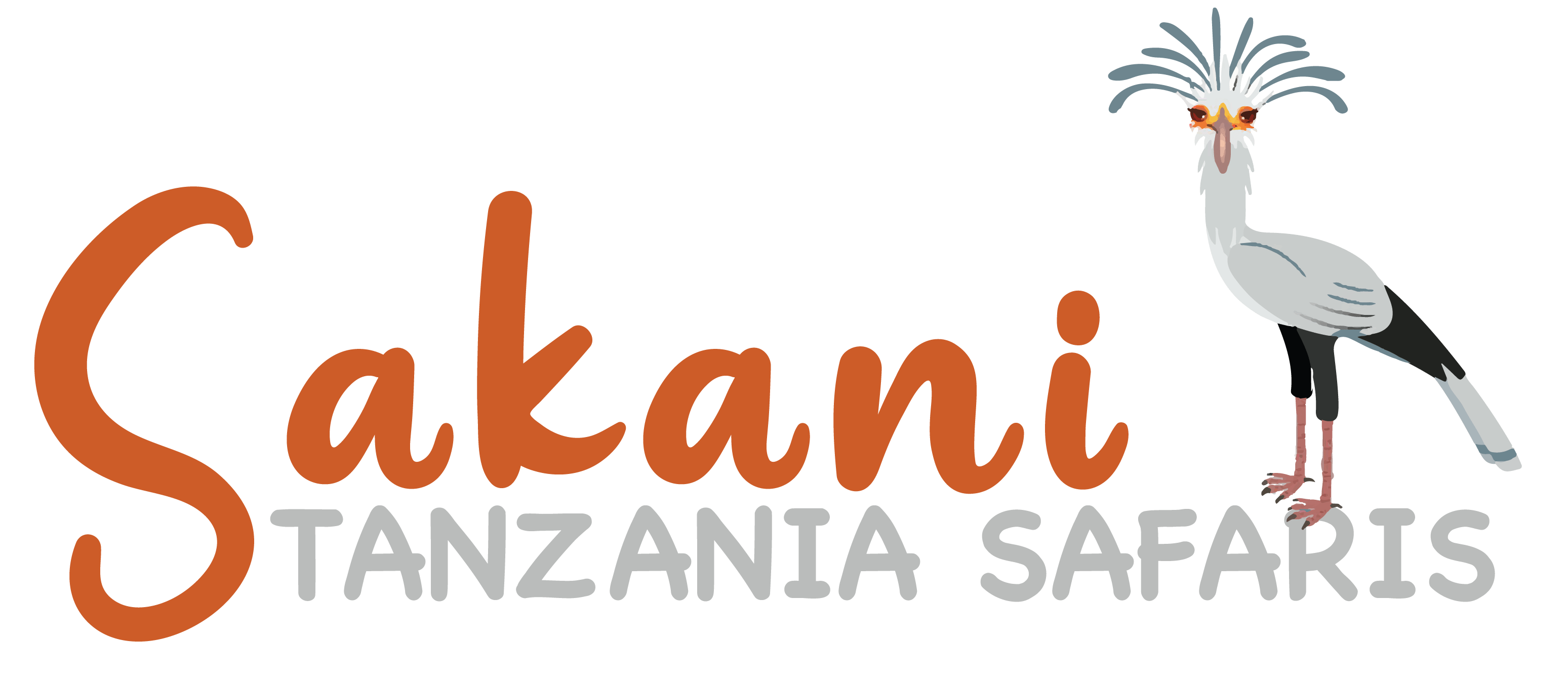Katavi National Park
from $191 /person
- 7-9 Hours
Your Katavi National Park Safari starts here!
Located in the far west of Tanzania, Katavi National Park is the third largest park in Tanzania and is a park for safari enthusiasts. Often combined with nearby Mahale Mountains National Park, Katavi receives very few travelers due to its relative inaccessibility and the high cost of flights.
Travelers who spend the time and money to get here, however, are richly rewarded as it is nothing short of magical. Katavi National Park is truly wild with very few visitors and few camps.
It’s one of the few places left in Africa today where you genuinely feel that you could have slipped back a thousand years. Many safari connoisseurs would argue that this is the quintessential Tanzania safari park.
Combine this park with Mahale, specifically at Greystoke, and there is a good argument that Katavi is the finest week to be had in Africa!
The park is primarily fed by the Katuma River which in the rainy season – April and May – transforms the park into a wetland. Lake Chada and Lake Katavi are both seasonal lakes that are situated within the park boundaries. In terms of vegetation, the park hosts a varied mix of bushland, Miombo forests, riverine forests as well as grasslands.
Wildlife in Katavi
The volume of game on a Katavi safari is outstanding, with some researchers believing that the concentrations are even higher than in Ngorongoro.
There are daily duels of huge herds of buffalo (some herds easily reaching a thousand animals or more) and vast lion pride, whilst hippos and crocodiles gather in pods and nests not found anywhere else in Africa. Game drives here can be seriously explosive!
Katavi is equally famous for its enormous crocodile and hippo populations — the huge hippo pool can accommodate 600 hippos at its peak and nowhere else in Africa do crocodiles hibernate in dens as they do here.
Large herds of elephants and good numbers of zebra, giraffe, topi, leopard, waterbuck, hyena, and occasionally wild dog make this a park to compete with the finest safari experiences in the world.
Anyone coming to Tanzania to see Serengeti National Park’s vast array of wildlife may prefer to take the road less traveled to Katavi National Park instead.
Katavi is one of the few parks where visitors can catch a glimpse of both the roan and sable antelope in the same place. A healthy population of roughly 3,000 elephants also reside in the park.
Predators such as cheetahs, hyenas, jackals, and servals are also present in the area and the resident prides of lions are always prowling, looking for their next meal. Big cat enthusiasts will be pleased to know that leopards also call Katavi home.
With over 400 species of birds, Katavi is a great place for birdwatchers. Large flocks of storks like saddle bills, open-billed, and spoonbills as well as African fish eagles, Bateleurs, lilac-breasted rollers, crested barbets, and paradise flycatchers are but a few on the long list of birds in Katavi.
Activities in Katavi National Park
The main activity in Katavi National Park is daytime game driving; night safari is not permitted. Some of the camps offer walking safaris and Chada Camp operates exceptional short fly camping trips with nights spent out under the stars.
When to Visit Katavi
Like the Selous Game Reserve and Ruaha National Park, Katavi National Park is a classic dry-season park with the game viewing getting progressively better towards the end of the year. For those lucky enough to visit Katavi, the dry season – June to October – is by far the best time to see animals.
The Katuma River is one of the only sources of water in the dry season and is the lifeline for creatures both large and small when they congregate along the river to drink and bathe. Then, when the last lakes and swamps are drying, up to a thousand hippos at times would huddle together for that last bit of water.
Large crocodiles can be seen basking in the sun or the remaining mud pools. While July to October is absolutely peak season for Katavi, more and more travelers are trying Katavi out of season, if only to have the park completely to themselves!
Accommodations in Katavi National Park
The cost of getting here is undeniably high, however, this has protected the park from the crowds that have affected other areas and once you get here, lodge prices are reasonable and the majority of the camps are of a very high standard.
Chada Katavi is the most famous camp in the park. With only six classic safari tents, it epitomizes the essence of a remote safari camp, and the guiding and overall standards are what we have come to expect from a company as good as Nomad. Another great option is Mbali Mbali Katavi.
Are you interested in a Katavi National Park safari? You can add it to any Tanzania safari holiday you ask us to create for you. The next step is to get in touch and tell us everything you’d like to include in your safari. Your ultimate safari adventure is only a few steps away!
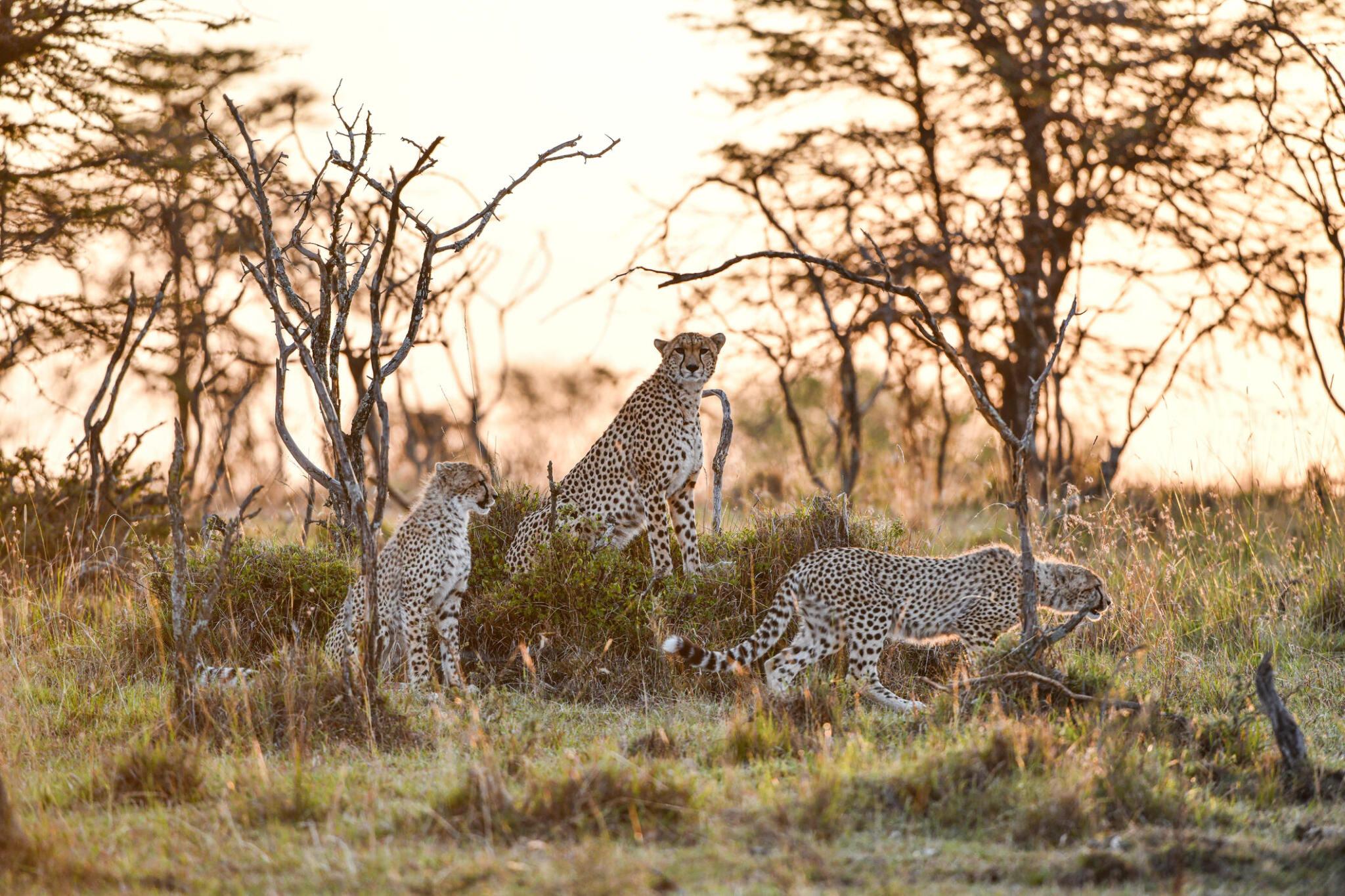
Subscribe Newsletter $ Get Company News.
SAKANI TANZANIA SAFARIS
- © 2024 Sakani Tanzania Safaris Ltd | All Rights Reserved.
